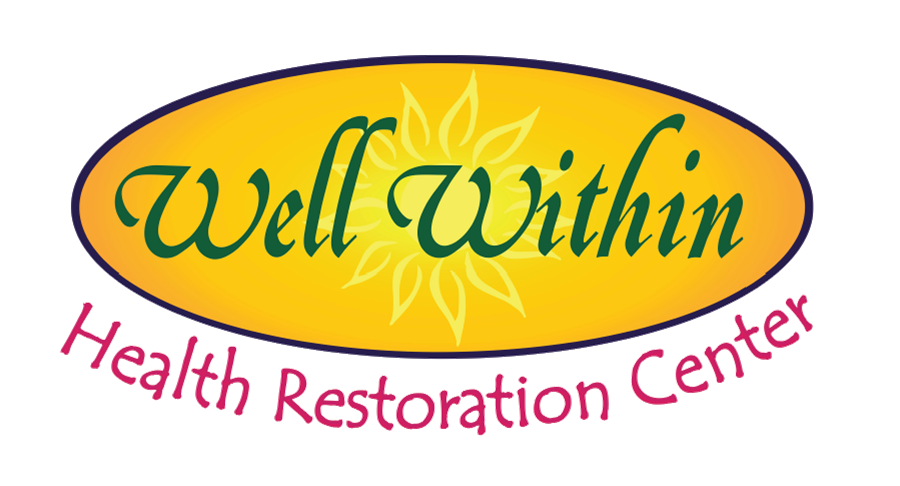Hello to all!
Today, I want to encourage you to keep trying every day!
Sometimes we fail and think that we're never going to get it right, but it is the moment-by-moment effort that pays off in the end. Even if you have to keep repeating the same mistake over and over, if you don't give up you can't lose!
Today I am going to quote extensively from the book because it says this part as well as I could ever hope to. I want to remind you of our last couple of days of discussion, foods that harm. What is the common denominator? Mankind has been tinkering with the food in such a way as to make it harmful. Today's theme is more of the same. Factory-made science projects are unnatural food additives that are designed to make food taste better and more addictive.
There is a story about a noodle stand in China that always had much longer lines than their competitors. Eventually their secret was discovered. They were putting opium in their noodles and people were getting addicted to them. Sounds like a crazy plot, right? But food manufacturers do this very thing all the time with a flavoring called monosodium glutamate , better known by it's acronym, MSG.
In recent years, people have become aware of the harmful nature of MSG, so manufacturers have been finding creative ways to disguise it and sneak it into our foods. Here is a list of ingredients that have properties that are similar or identical to MSG in their effect on the body:
MSG not only cause headaches and brain fog, but it's often utilized in experiments involving animals, including those on obesity. The animals are fattened up using MSG to induce binge-eating. It causes the same effect in humans, leading us to overeat, triple our insulin production, which leads to the storage of belly fat.
And now, a few tips, courtesy of the Daniel Plan: 40 Days to a Healthier Life, on how to avoid these unnatural "factory-made science projects", and several other dangerous substances, such as pesticides, hormones and antibiotics:
Dirty=best to buy organic
Clean=best to buy conventional
- Eat organic, if you can afford it, to avoid pesticides, hormones, and antibiotics in food.
- If you are budget strapped, use the Clean Fifteen and Dirty Dozen list (to the right) from the Environmental Working Group (ewg.org) to choose the least contaminated conventionally grown fruits and vegetables and avoid the most contaminated versions. Click here for a shopping guide to avoid pesticide-riddled foods. It is a bit more expensive, but being selective here can help the budget and your health.
- For dairy, we suggest buying organic and eating less. Organic foods have about 25 percent more nutrients than conventionally grown plant foods. Beef, poultry and eggs are also items that are better for you if organic or sustainably raised. If more people used organics, the prices would come down.
- Eat sustainably. Try to buy sustainably raised animals and animal products when you can. This will help you avoid pesticides, antibiotics and hormones. Look for the terms "grass fed", "pasture raised", "free-range" or "organic", or "made without hormones and antibiotics.
- Ask your butcher where things come from and how they were raised.
Today's Bible verse
“There is no fear in love. But perfect love drives out fear, because fear has to do with punishment. The one who fears is not made perfect in love.”
-Noel



